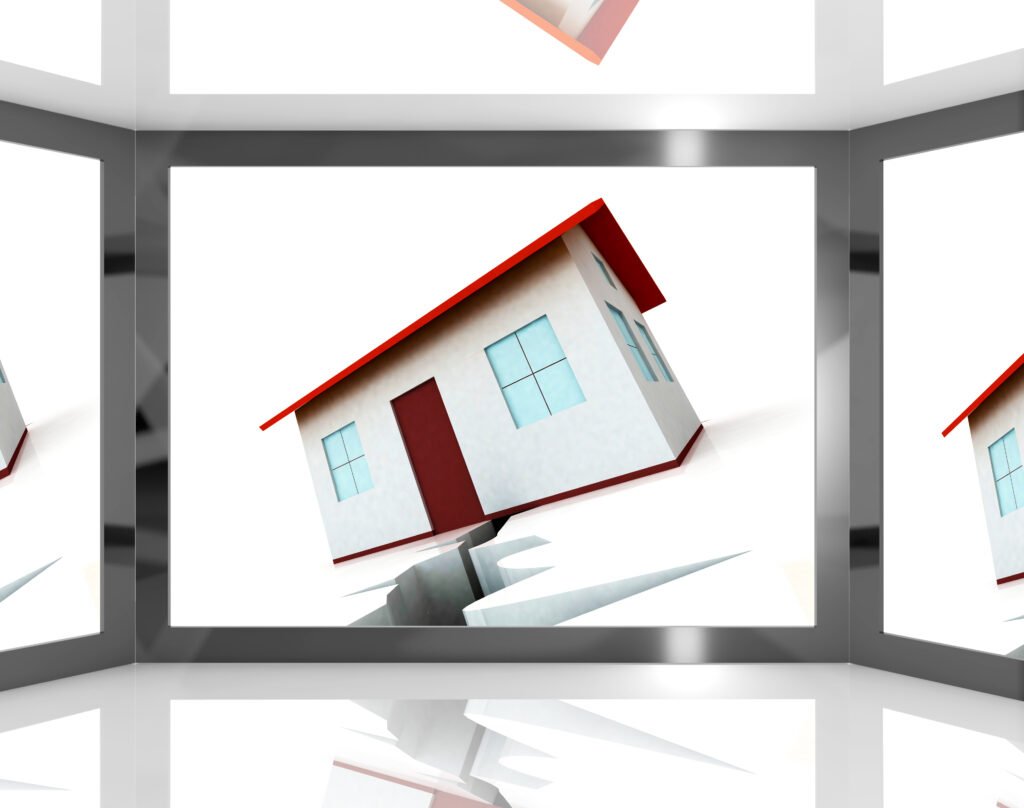Physical Address
304 North Cardinal St.
Dorchester Center, MA 02124
Physical Address
304 North Cardinal St.
Dorchester Center, MA 02124

Kia ora & congratulations on owning your slice of Kiwi paradise. Now that you’ve got your dream home, it’s time to protect it. I know, I know – talking about insurance is not the most exciting topic. But stick with me, and I promise to make this as painless (and dare I say, fun?) as possible.

Meet Dave from Dunedin. Dave thought home insurance was just another way for “the I-man” to take his hard-earned cash. So, he decided to live on the edge and skip it. Fast forward six months, and a freak storm damaged his roof. Guess who had to fork out $15,000 for repairs. Yep, our mate Dave. Don’t be like Dave.

Home insurance is like a superhero cape for your house. It might not feel cool but when disaster strikes, you’ll be glad you have it. Here’s why:
Now, let’s break down the types of home insurance. It’s like choosing your character in a video game, but instead of superpowers, you’re picking coverage.

Sarah from Wellington opted for combined insurance. When her washing machine decided to overflow, not only was the damage to her floors covered, but also her soggy rug and water-logged laptop.
Insurance policies can be as confusing as navigating a maze, but a good insurance broker can help guide you through the twists and turns. The advice below is very generic, and it’s important to understand your specific policy wording. A good broker can help with that too. For now, let’s break it down and make it simple for you
Usually Covered:
Might Be Covered (Check Your Policy):
Probably Not Covered:
Pro tip: Always take the time to read your policy document. While it might not be the most thrilling read, understanding it is crucial. If you have any questions or need clarification, don’t hesitate to reach out to your broker. At Financial Advisers NZ, our dedicated team of experienced brokers is here to help guide you through the details and ensure you have the support you need.

This is where things get a bit tricky. You don’t want to underinsure and be left short if something happens, but you also don’t want to pay for coverage you don’t need.
Here’s a simple way to figure it out:
Generally, your insurance broker should be able to work with you to advise on the coverage that would be right for you.

Ah, the million-dollar question (hopefully not literally). The cost of your insurance depends on a few factors:
Pro tip: You can often save by bundling your home and contents insurance with the same provider. It’s like buying in bulk at Costco, but for insurance.

So, the worst has happened. Maybe your roof decided to let the rain in, or a burglar thought your TV would look better in their house or your region is hit by a tornado. Here’s what to do:
Lisa from Christchurch had her home damaged in an earthquake. She kept a detailed diary of all conversations with her insurer and took photos of everything. Her claim was processed quickly and without hassle.

Want to level up your insurance game? Here are some pro tips:
Let’s be honest – home insurance may not be the most exciting topic, but it’s one of the most important aspects of homeownership. Think of it as a safety net for your property, ready to catch you when unexpected events occur, like natural disasters or theft.
Finding the right insurance broker and policy is essential. It should fit your needs perfectly and give you peace of mind knowing you’re protected. Taking the time to find the right coverage now can save you from significant expenses later on.
In summary, investing in the right home insurance is crucial for safeguarding your property and ensuring your financial security. Your future self will appreciate the effort you put in today to protect your home and belongings.